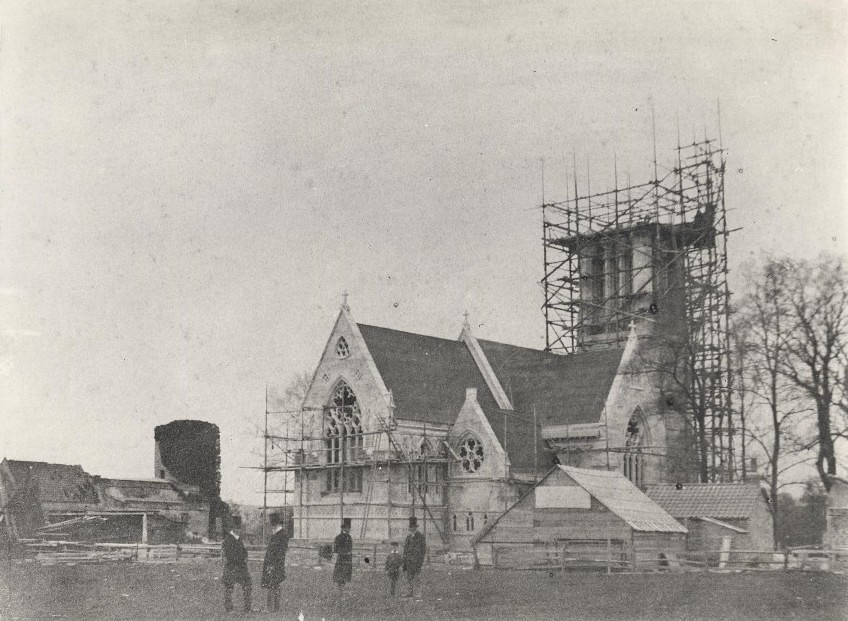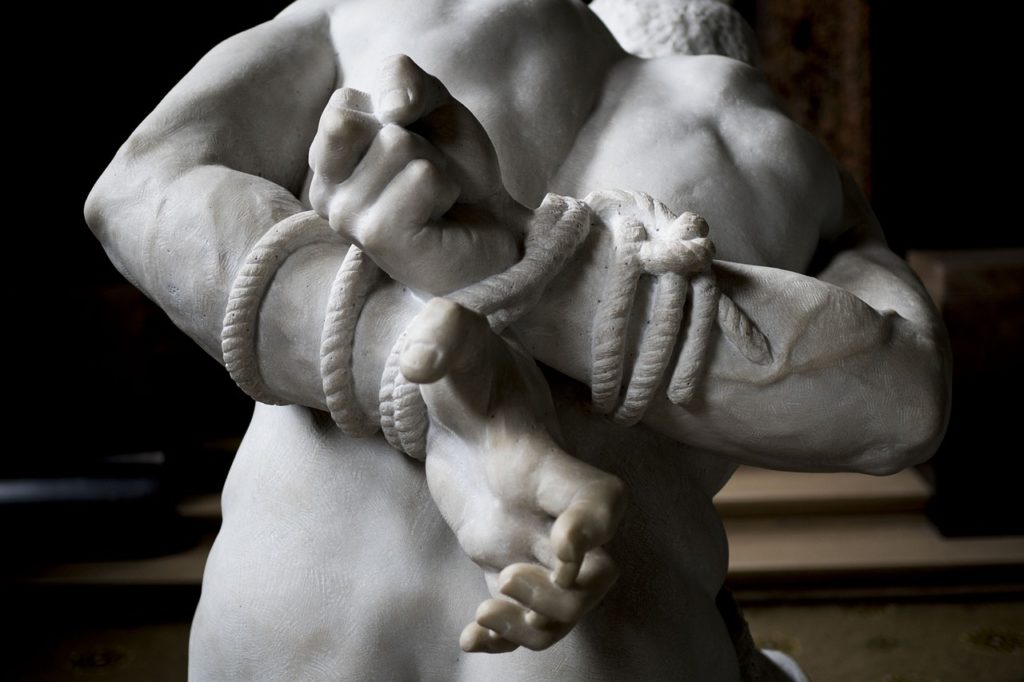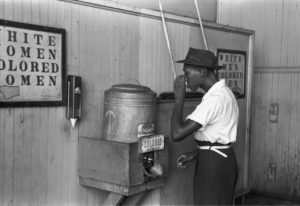
The word “Tribalism” has come to define our modern political situation here in the United States. We tend to define our identity, loyalty and now even our convictions, not by independent values, but by our tribal identity. If our party does it, it’s a principle. If the other party does it, its somewhere between hypocrisy and a crime. Our party is patriotic, their party is unAmerican. And on it goes.
I regularly witness Christians deeply embedded in this tribal warfare, expressing strong tribalism and shaping their values around their tribe. Truth itself is given a partisan filter and loyalty to our tribe becomes defining.
So the first question is, if we are Followers of Christ, have we confused who is in our tribe? Then the second question is, have we confused what our tribe represents. Finally, have we confused what it means to fight for our tribe? Let’s take these one at a time, and briefly overview how the Bible answers these questions.
Who is Our Tribe?
But you are a chosen race, a royal priesthood, a holy nation, a people for his own possession, that you may proclaim the excellencies of him who called you out of darkness into his marvelous light.
(1 Peter 2:9)
While I am registered to vote in one political party (and in the past have been a state delegate for that party), it is not my tribe. My tribe is the people of God, consisting of all those who have accepted the gift of God’s salvation through the sacrifice of Christ. That means that my tribe stretches across both major political parties in the USA as well as across the borders of the USA to include many who live in other countries around the world. When we prioritize our local political tribe over the members of our true tribe, we forget a warning from Scripture.
Do not be unequally yoked with unbelievers. For what partnership has righteousness with lawlessness? Or what fellowship has light with darkness? What accord has Christ with Belial? Or what portion does a believer share with an unbeliever? What agreement has the temple of God with idols? For we are the temple of the living God; as God said, “I will make my dwelling among them and walk among them, and I will be their God, and they shall be my people.
(2 Corinthians 6:14-16)
My tribe is the temple of the living God. Neither political party in America, NEITHER, can claim that mantle. Both are full of unbelievers and represent narrow political interests that are not based on the Kingdom. I might find more in common with one party over the other, but neither party represents the Kingdom. That’s my tribe, and again, my tribe is not based in the USA but in the Kingdom to come.
What Does Our Tribe Represent?
Therefore, if anyone is in Christ, he is a new creation. The old has passed away; behold, the new has come. All this is from God, who through Christ reconciled us to himself and gave us the ministry of reconciliation; that is, in Christ God was reconciling the world to himself, not counting their trespasses against them, and entrusting to us the message of reconciliation. Therefore, we are ambassadors for Christ, God making his appeal through us. We implore you on behalf of Christ, be reconciled to God.
(2 Corinthians 5:17-20)

We could spend paragraphs and paragraphs quoting various passages from the Bible; the Great Commission, the commands to love our enemies and bless those who persecute us, the commands to appear as lights, to lead as servants, and on and on. We represent Christ, not a moral code. He came to save, not condemn, and Scripture says that He is holding back returning in judgement because the work of saving isn’t done yet (2 Peter 3:9). So our tribe is assigned the job of not passing judgement but declaring reconciliation, of being living representatives of Christ, not modern-day embodiments of the Pharisees.
How Does Our Tribe Fight?
So, whether you eat or drink, or whatever you do, do all to the glory of God. Give no offense to Jews or to Greeks or to the church of God, just as I try to please everyone in everything I do, not seeking my own advantage, but that of many, that they may be saved.
(1 Corinthians 10:31-33)
And we urge you, brothers, admonish the idle, encourage the fainthearted, help the weak, be patient with them all. See that no one repays anyone evil for evil, but always seek to do good to one another and to everyone. Rejoice always, pray without ceasing, give thanks in all circumstances; for this is the will of God in Christ Jesus for you.
(1 Thessalonians 5:14-18)
Neither Nancy Pelosi, nor Donald Trump, nor George Soros, nor any other human figure is the target of our fight.
For we do not wrestle against flesh and blood, but against the rulers, against the authorities, against the cosmic powers over this present darkness, against the spiritual forces of evil in the heavenly places.
(Ephesians 6:12)
In Conclusion, it is vital that if we want to help transform the culture of the USA or whatever land we live in, that we remember who is our tribe, what it means to be the People of God’s own possession, and what it means to live that reality out each day in our conversations, in our social media posts and memes, in the values that we show before the world. Without Christ, no one will be saved, no earthly country will ever be great, and no law will bring righteousness.
Let’s be careful out there.













